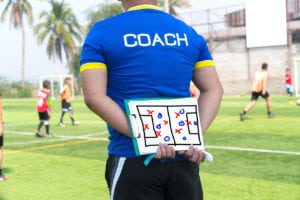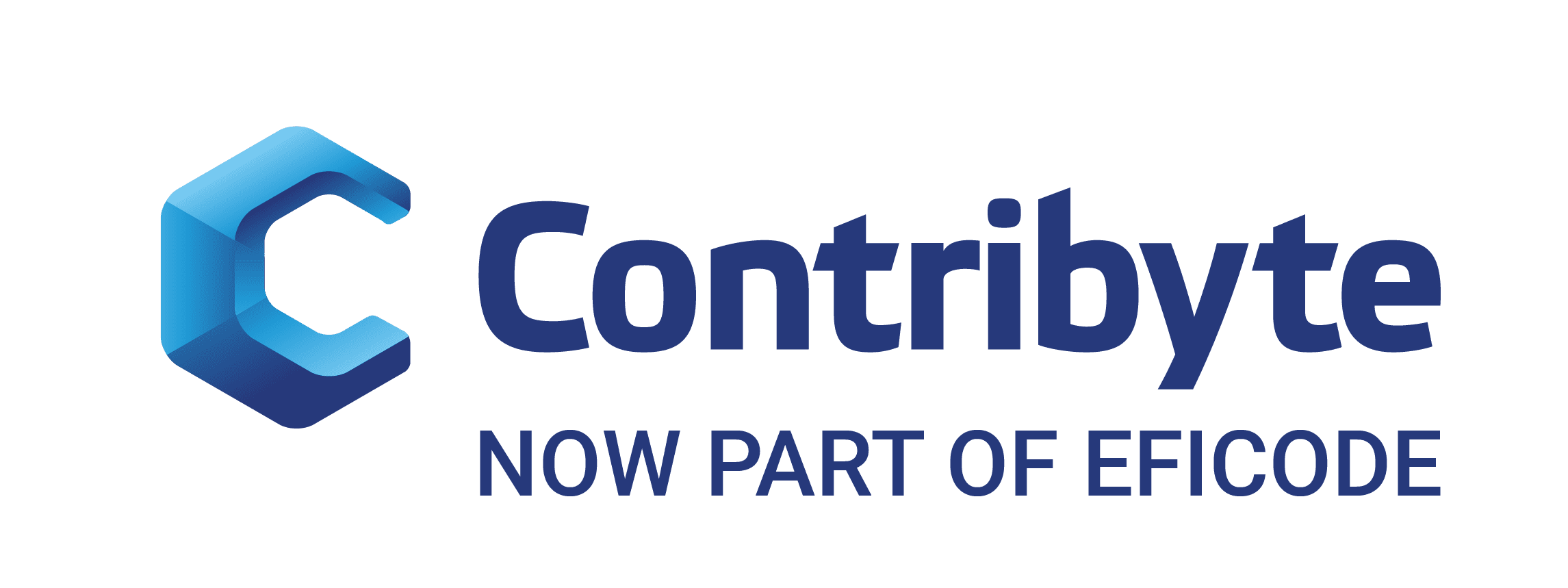Scrum Masters, a Forgotten Asset
Scrum Masters, a Forgotten Asset
Almost every organization that has adopted the Scrum model has also appointed a Scrum Master. The Scrum Master is an important part of agile teams: a good Scrum Master contributes to the success of every ceremony and meeting by facilitating the meetings and ensuring that people have prepared for the meetings. Meeting skills are often seen as the most important skills of the Scrum Master along with their understanding of the Scrum idea.
Gaining a Broader Understanding of Scrum Masters
Meeting skills and Scrum knowledge should not be underestimated: they are an important part of the performance of the Scrum Master. In spite of that, we at Contribyte think that the role of a Scrum Master includes having other skills as well. I have picked the three most important elements:
- Drive for Quality
- Team Spirit
- Scrum Master as Team Coach
Aiming for Quality
In itself, Scrum does not dictate how a team should work to deliver high-quality results. Instead, Scrum is a generic model: it can be adopted by almost any company that can prioritize their tasks and spend at least a week on a sprint. What Scrum lacks, however, are good concrete working methods. The team usually has to take inspiration, for example, from the methods of Extreme Programming. According to the Scrum ideology, the team should be able to define their own methods to deliver high-quality results.
The role of the Scrum Master is to make sure that the team puts thought into what methods and tools they should use to achieve good results. These ideas can be discussed in retrospectives, and they should also be recorded in the Definition of Done.

Team Spirit
Team spirit has an enormous effect on how fun it is to come to work, how creative the team can be, and in the end, how good the team’s results are. It also has an effect on the turnover rate of the team. If the team spirit is weak, the team members might find that the grass is greener on the other side.
The Scrum Master is not the only one responsible for keeping up the team spirit. The team members should be capable of uplifting each other! But if the team spirit is low, it is the Scrum Master’s responsibility to do something about it. The Scrum Master can organize events or something that the team can do together to motivate the team. The Scrum Master can also suggest these options to the team or one of the members. As an alternative, the Scrum Master can also discuss the matter in a retrospective session.
The quality of the relationship between the Scrum team and the Product Owner also has a substantial effect on the team spirit: how much positive feedback and rewarding comments does the team get? The Scrum Master is also responsible for coaching the Product Owner and other members of the organization to give the team credit when it is due. This will improve the atmosphere and guide the team’s work.
Scrum Master as a Coach
Thirdly, as defined in the Scrum Guide, the Scrum Master coaches the team, the Product Owner, and the organization. However, the Scrum Guide limits the coaching to the application of Scrum. We at Contribyte feel that this limitation is unnecessary. If we compare this to sports, it is like if an ice hockey coach was told to only concentrate on how the team plays, not on the atmosphere in the locker room or any potential conflicts between the players.
We think that the Scrum Master should also coach the team in other things that are not related to the content of the Scrum Guide. The goal of the coach is to improve the team’s performance. And that could mean many things.
First of all, the coach should understand their role and believe that the team’s performance can be improved. The coaching concentrates not only on improving the team’s Scrum skills but also on conflict resolution, faster learning, and organized working methods.


Arto Kiiskinen
Senior Consultant
In his career, Arto has worked in product development as a Product Owner, Scrum Master and Product Development Manager. The operating methods of both large and small companies have become familiar. Arto loves to improve organizational learning and product owner know-how, and write blogs on different topics. Because retrospectives are one of Arto’s favorite topics, some of his customers have given him the nickname “Retroman”. During his free time, Arto tries to live healthy, buy as many cars as possible, rewatch the Star Gate series and study to become a Personal Trainer. Arto has also written the book “OWN IT – 8 Simple Secrets of Product Owner Success”.




